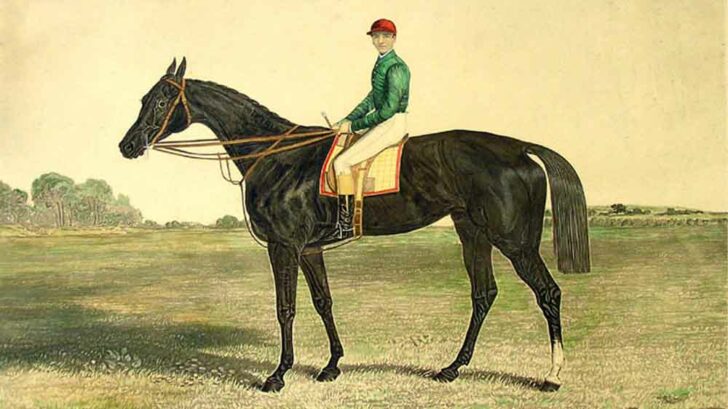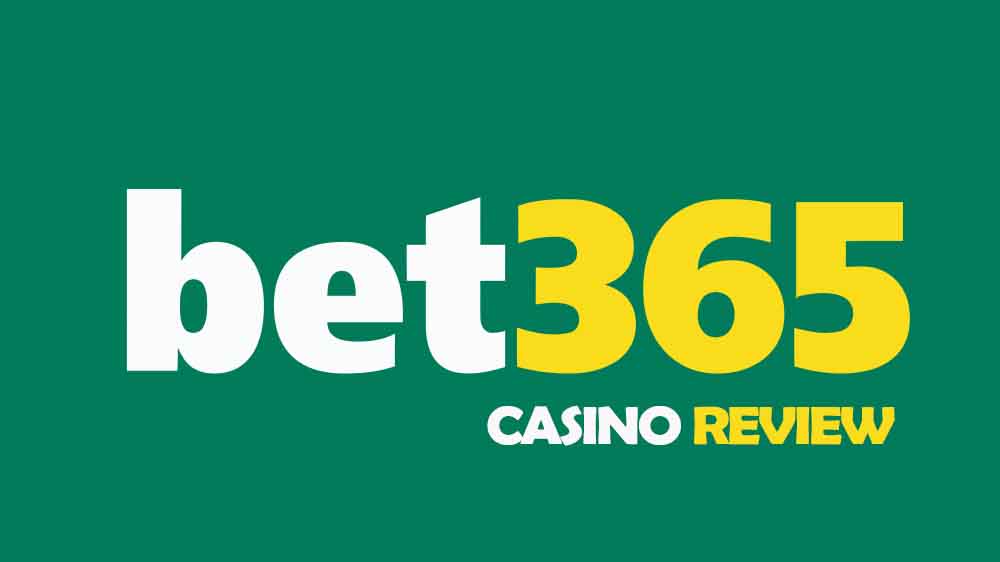How to Claim a Racehorse

Image via Wikimedia Commons
Introduction: How to Claim a Racehorse
A claiming race is with thoroughbred horses, but all the horses are for sale before the race. The price is more or less equal right up to the race start. Typically, the horses’ title will transfer just before the race starts, though in many jurisdictions, the new owner may claim the winnings from its first race. In the type of quality horses these races attract, then they should be considered to be the lowest level of breeding quality. Yes, you can sometimes find a good runner due to it being undervalued by its owner. Also claiming is probably the cheapest way into racehorse ownership. However, there are other ways to get rich trough horse races. Check out our online jackpot guides to learn everything about the gambling industry.
Famous Examples of Claimed Horses
Having said that, there have been some noticeable exceptions as far as the quality goes. For example “Stymie”, went on to earn over $900,000, winning many handicap races in the 1940s. The racehorse, “Make A Stand”, was claimed for £8,000 in 1995, and then went on to win the 1997 Champion Hurdle. Another was “General Quarters”, a $20,000 claimer, who won the Grade 1 Blue Grass Stakes and ran in the 2009 Kentucky Derby. Finally, we should mention “Maximum Security” who won a claiming race but was not claimed and then went on to run in the 2019 Kentucky Derby.
How to Claim a Horse
Different states have different rules. Therefore the very first thing you need to do is familiarize yourself with them. To claim a racehorse isn’t difficult but research is the key here.
Select a Trainer
Select a trainer. This sounds easy. But it’s one of the most difficult tasks on your list. You need to inspect their previous racing records. Also asking around from existing owners might give you some more pointers. Though the trainer is supposed to work for you, remember that he has other owners with horses equally pushing to get results. So there’s always going to be a slight conflict of interest.

Select a Horse to Claim.
The reason that we ask you to choose a trainer first, is simply because you’re gonna need his know-how to choose yourself a horse. Have a look at the horse’s past track record. But at the end of the day, it’s a choice that you’ll have to leave for your trainer to make.
Because your trainer is “in the know”, he’ll be making discreet inquires in order to gather information on the horses’ physical condition and to try and pry into any historic injuries. Often a horse is run in a claiming race as a means of getting rid of it to an unsuspecting buyer.
Get an Owner’s License.
If this is the first time for you to claim a racehorse, then you’ll be needing a special claiming license. This process and cost will vary from state to state, so refer back to instruction number 1. You’ll also need to deposit sufficient funds with the horseman’s bookkeeper for your purchase at the actual race track, before the first claiming race.
How to Claim a Racehorse: Race Day
Now on the actual day of the race, you’ll have only a limited time to scope out your prospective purchase. So have your trainer go take a discreet look at the condition of the horse as he emerges onto the race track from the paddock. If he’s happy with the horse’s health, then have the trainer drop a claim slip. Again, we’re back to individual state rules for the exact procedure here.
The Claiming Race
Watch the race and pay very close attention to the running style, the position and the general pace of the horse. It doesn’t matter whether he wins or not. What we’re interested in is the horse’s potential. From a betting perspective, it’s better if he doesn’t win his first race. Some buyer backs out at this stage and drops their claims. The actual “claim” is in the form of a draw which usually takes place in the horseman’s office after the race. You’ll need to get yourself to the shake and see if you’ve won.
If You Win
If you happen to be lucky enough, or smart enough and have won the horse, then have the trainer halter him take him back to the barn. We hope that you’ve made a great choice and will soon have a winning racehorse on your hands. Only after you claim a racehorse, comes the hard and expensive work of getting your horse into shape for serious money stake races.
How to Claim a Racehorse: Additional Tips
In many states, if the horse wins his claiming race, then you’ll be needing to pony up more to your claimi4ng stake if you still wish to claim him. This is known in the trade as “being in Jail”. Another thing to be wary of is horses that make a sudden drop in class. This is usually the indication of a “fire sale” of an injured horse. Oh….and one other thing. Whatever you do, keep your mouth shut. Only ever discuss your claim in absolute privacy. And then only with your partners or trainer. There’s an awful lot of gossip running rampant at the back of the paddock. Sometimes the mere rumor of a claim can get your favorite racehorse scratched from the sale altogether.
If you would like to bet on horseracing instead of participating in one, you should check out the Unibet Sportsbook.
















